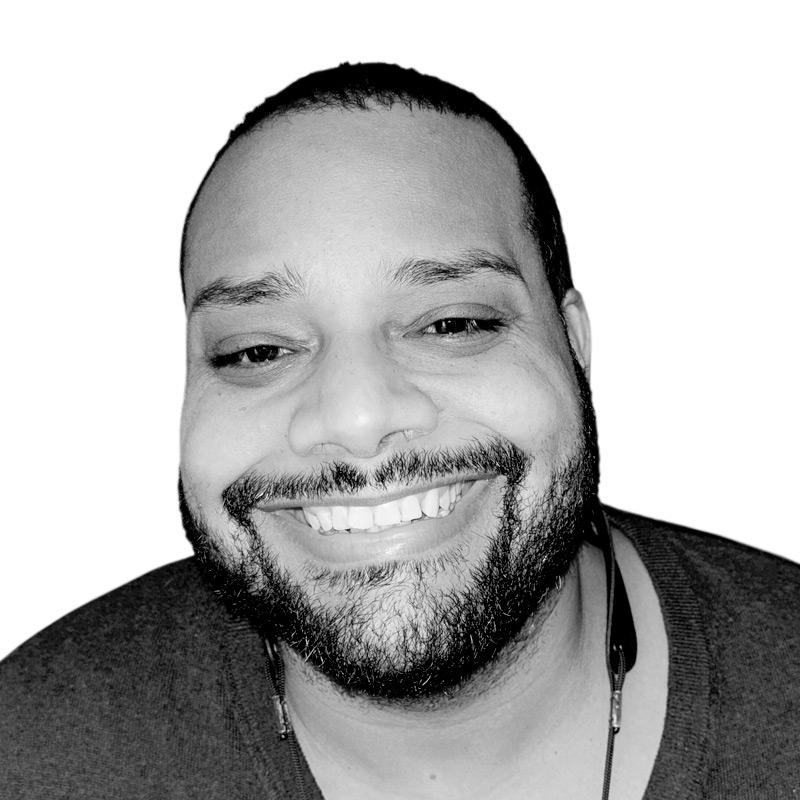In May, Lil Wayne took to his interview program, Young Money Radio on Apple Music, and asked Dr. Anthony Fauci to explain the high rates of coronavirus deaths among African Americans. “Double that of any other ethnicity,” Wayne stressed. “Is that figure true?”
Dr. Fauci had called in to Wayne’s show during a summer press blitz, when the nation’s foremost infectious diseases expert became a megacelebrity on par with, well, Lil Wayne. “The African American community have a double risk,” Fauci explained, “the risk of getting infected” and “a greater percentage of the underlying comorbidities.” He’d already said as much in White House press conferences and TV news interviews, but he kept spreading the message, determined (without saying as much) to mitigate Donald Trump’s reckless guidance during the early wave of the pandemic. So Dr. Fauci joined a mercurial hip-hop statesman for a conversation about the dangers of COVID-19. The other doctor who spoke with Lil Wayne in that episode was Dr. Dre.
Wayne posed a profound, persistent question to Dr. Fauci about the science behind the public health guidance and the many worrisome statistics about the virus: Is it true? For much of 2020, Dr. Fauci has struggled against the paranoid, populist currents in U.S. politics. He has tried to caution the public about the dangers of the virus and dispel the widespread denialism about the key countermeasures aimed at preventing its spread, including facemasks, social distancing, lockdowns, and self-isolation. For Trump’s critics, Dr. Fauci was a role model: the most heroic bureaucrat since Robert Mueller. He set out to redeem the fickle institutions, unsettled science, and disagreeable mandates that have turned the U.S. into the world’s most deadly and disorganized hotspot for COVID-19. Trump has led the federal government and his vice president, Mike Pence, has led the coronavirus task force, but Fauci led the medical community. He has proved to be a much more formidable counterweight to Trump’s denialism than his colleague, Dr. Deborah Birx, the coronavirus response coordinator who was too easily cast as a compromised partner in Trump’s mismanagement, more likely to flatter the president, despite her misgivings about his misinformation, than challenge him.
Dr. Fauci, on the other hand, has been a pain in the administration’s ass. He defies Trump and congressional Republicans and invigorates Trump’s critics. He’s so daring as to contradict Trump in interviews but so clever as to pretend he serves at the president’s pleasure. Trump would’ve had a hard time purging Dr. Fauci from the federal government, though, since Dr. Fauci doesn’t report to him. But the White House has curtailed Dr. Fauci’s press schedule and thus undermined his public health guidance. In July, The New York Times pressed Dr. Fauci to outline his disagreements with Trump. “Would you want me to say something that’s directly contrary to what the president is doing?” he responded. “That’s not helpful. Then all of a sudden you don’t hear from me for a while.”
In the spring, Trump and Dr. Fauci—two blunt, outer-borough New Yorkers with irreconcilable priorities—stood shoulder to shoulder in the White House press briefing room and, strangely, agreed to disagree about the federal guidelines for mitigating the spread of the pandemic. Clearly, Trump resented Dr. Fauci—he antagonized him on the campaign trail more vigorously than he antagonized his Democratic presidential opponent, Joe Biden. Trump trolled Dr. Fauci’s earliest guidance against universal mask-wearing and international travel bans in furious Twitter shorthand. For Trump, Dr. Fauci became synonymous with disobedience and disloyalty, akin to “the media”—even “the science,” as in “follow the science,” a slogan addressing the pandemic as well as other progressive concerns like climate change became the subject of Trump’s Twitter tirades. Inevitably, Trump recast Dr. Fauci as a nanny state technocrat, determined to subvert him and repress a free country. Four years ago, crowds at Trump’s rallies chanted, “Lock her up!” This year, Trump’s crowds chanted, “Fire Fauci!” In congressional hearings about the pandemic, Dr. Fauci clashed with Ohio Representative Jim Jordan and Kentucky Senator Rand Paul. “There’s an anti-authority feeling in the world,” Dr. Fauci told 60 Minutes a couple of months ago, “and science has an air of authority.” Dr. Fauci’s own authority, so frequently disputed by his own partners in government, persists as the defiant civic ideal.
In the U.S., more than 300,000 people have died from COVID-19. Even as vaccines start being distributed, Trump and Congress seem determined to squander the new hope for better decision-making in the pandemic endgame; Congress continues to negotiate a second-wave pandemic relief package, now linked to the overall federal budget authorization that Congress must pass for the following year in order to avert a government shutdown. It’s the sort of high-stakes, low-trust confrontation which has, at this point, become part of the national pathology. Dr. Fauci’s political survival is as miraculous as it is pointless. He can only inform the conventional wisdom about the pandemic, and the conventional wisdom can only impress so many skeptics, contrarians, and radicals. Dr. Fauci is, in some sense, a counterfactual: He embodies the pandemic response that critics wish the U.S. had mounted, and he inspires the civic confidence that critics wish the U.S. could muster.
In the weeks since Trump lost his reelection bid, President-elect Biden has launched his long-anticipated reversion, for better or worse, to politics as usual. He intends to expand Dr. Fauci’s role in his administration. Under Biden, Dr. Fauci may well become a depolarized figure, leading the federal government’s vaccine rollout. It’s tempting to imagine “the science,” personified and celebritized, restoring some popular confidence in the nation’s medical and political institutions once Trump departs. But, I fear, the distrust will outlast them both.
